Narrating the Poles
6 November 2019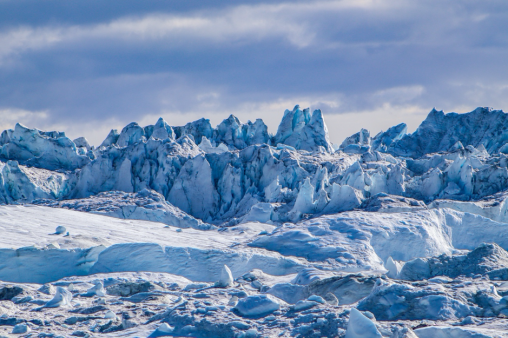
By Henry Páll Wulff, Chris Marquardt & Mario Acquarone
Curiously Polar is a weekly podcast about all things very north and very south. It wasinitially kicked off by professional photographer, author and podcast veteran Chris Marquardt and marine biologist Mario Acquarone after spending time together on a ship around Svalbard. Initially, the show’s main focus was on every day life in the Arctic and Antarctic regions and on the flora and fauna on land and in the sea. In 2019, naturalist, film maker and expedition guide Henry Páll Wulff joined the team and brought his own expertise and interests to the show and helped shape it into its current form.
The most important driver at Curiously Polar is our very own curiosity. We are educated, but not necessarily part of the academic world. Our interests and backgrounds make us the ideal conduit to bridge the gap between academic field studies, research papers, and interested citizens.
We all constantly hear about the world’s fastest-changing regions, about climate change, declining sea ice, and the threat to the King of the Arctic. And of course, we could rattle off all the usual phrases, share research results on Facebook, or simply be silent in passive agreement.
But everyone who has been to the polar regions, or let alone works there regularly, can witness how quickly, sustainably and at times threateningly fast these regions are changing. Almost no other area on our planet can serve this well as a living classroom. In hardly any other region is it possible to visualize the processes of climate change so clearly, and explain this so easily, that it becomes quickly obvious how geopolitical claims develop with the changing conditions of the Arctic. The Arctic simply makes it easy for almost everyone to understand how fragile this ecosystem is, how closely it is linked to all other ecosystems in the world, how ocean currents correlate and how wildlife behavior and distributions change.
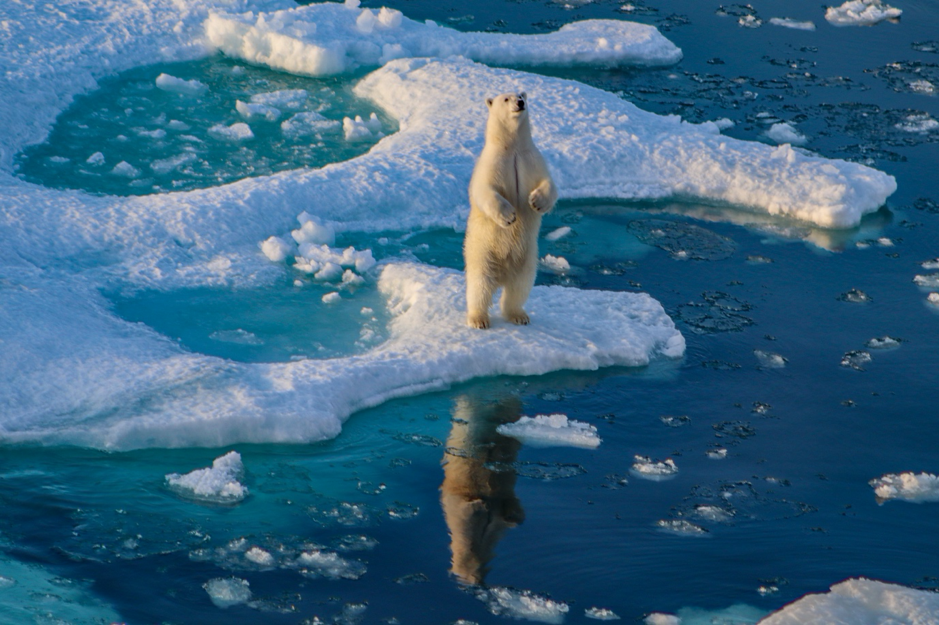
We can see how cultures are under threat to disappear as a result of the change. How dramatically these changes accelerate and how powerless the individuals often appear. But also, with how much vigor the participating protagonists from society, politics, science and research, art and culture and from the business world work, not only to bring the experience of the region itself to the people, but to work on solutions and on ways to change perception about the Arctic and ways to take things into their own hands and to alleviate the feeling of helplessness.
We want to provide a platform for these issues and help the unique beauty of this region to be understood by everyone, no matter how much (or despite the fact that) it is under constant threat. We want to share our impressions and experiences with those who have not yet experienced the Arctic on a personal level. Sometimes we might even see ourselves as ambassadors of the poles of our planet.We want to provide a platform for these issues and help the unique beauty of this region to be understood by everyone, no matter how much (or despite the fact that) it is under constant threat. We want to share our impressions and experiences with those who have not yet experienced the Arctic on a personal level. Sometimes we might even see ourselves as ambassadors of the poles of our planet.
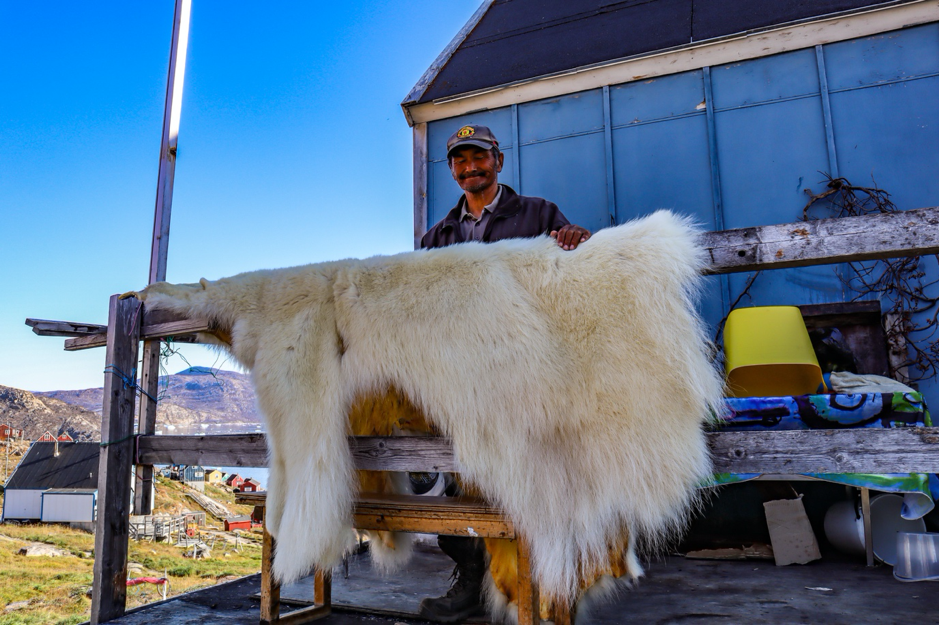
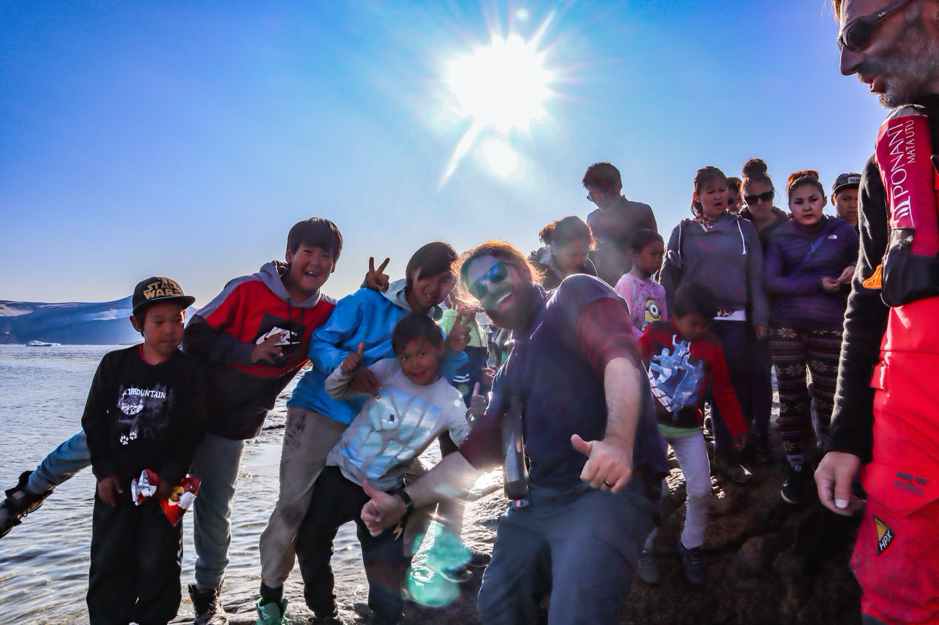
Aside from furthering global audience awareness and interest in these regions, one of the most important goals that we pursue with Curiously Polar is to communicate that these changes are anything but local, what they mean to the rest of the world, and how they affect the daily lives of the people in these most distant regions.
Of course, it’s not always bitter seriousness on Curiously Polar. We also inject a good amount of humor and want our listeners to have fun with what we do. Aside from climate and geopolitical issues, you will also find interesting historic tidbits, some Arctic lore, sports in the Arctic, and simply very practical every-day issues that people in the polar regions have to deal with.
In the end, we want to make the not always easy to understand scientific world a bit more accessible to everyone in an entertaining way. In an increasingly louder world of “alternative facts”, we also hope to be a credible platform for serious research as well as field reports from the regions.
It is our own enthusiasm and curiosity that keeps us searching for and finding new topics. We actively grow and engage our listening community and we always enjoy keeping a dialog with our audience. We constantly work on expanding the list of issues that we tackle and we’re building a community around the podcast. The more we can facilitate not just discussion among ourselves but interaction among the community itself, the better.

Compared to many other podcasts, Curiously Polar covers an important niche – but if there is one thing that our chosen medium is really good at, it’s thriving in niches, especially if those gain importance over time.
You will find Curiously Polar everywhere you get your other podcasts, like Apple Podcasts, Spotify, TuneIn or Spreaker. Our weekly show is free to listen to and we’re looking forward to welcoming you into our community of curious minds.
Go to curiouslypolar.com to find our show’s entire back-catalog of episodes.
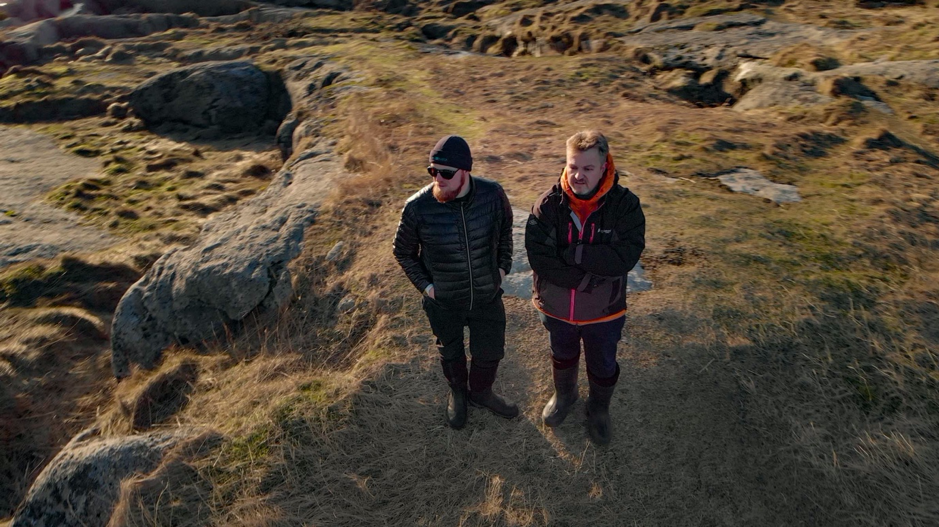
Chris Marquardt is a photographer, an author of photography books, a podcast host and producer and a traveler.
Mario Acquarone is a marine biologist and an expedition guide.
Henry Páll Wulff is a professional polar guide, spending most of the year on expedition cruise ships in the Arctic and Antarctic. His career made him also an enthusiastic documentary filmmaker and environmentalist.
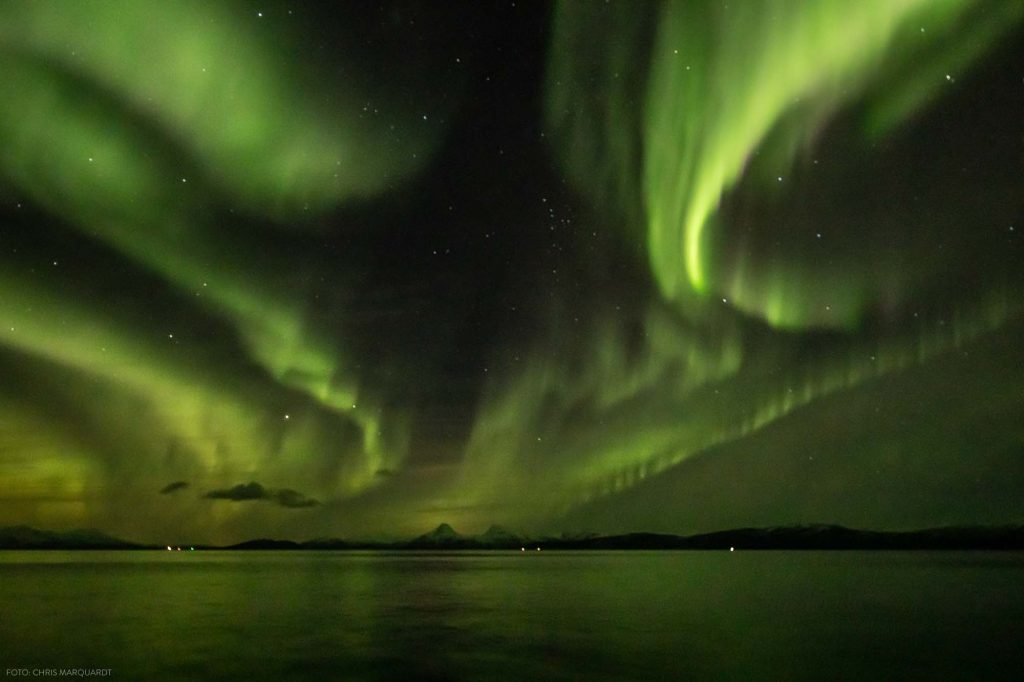
© Chris Marquardt 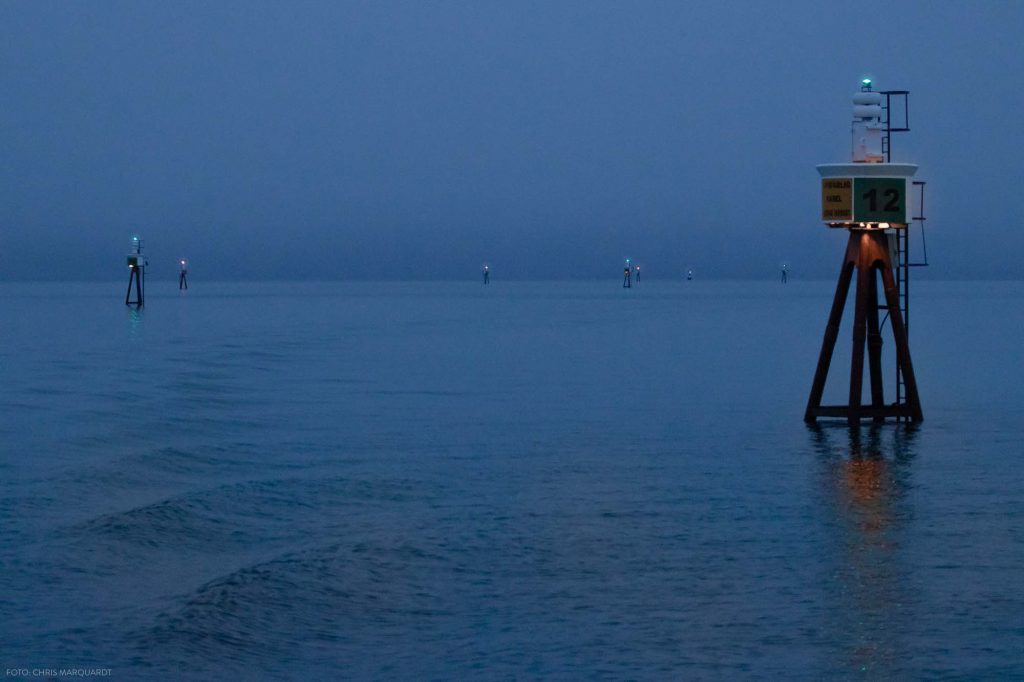
© Chris Marquardt 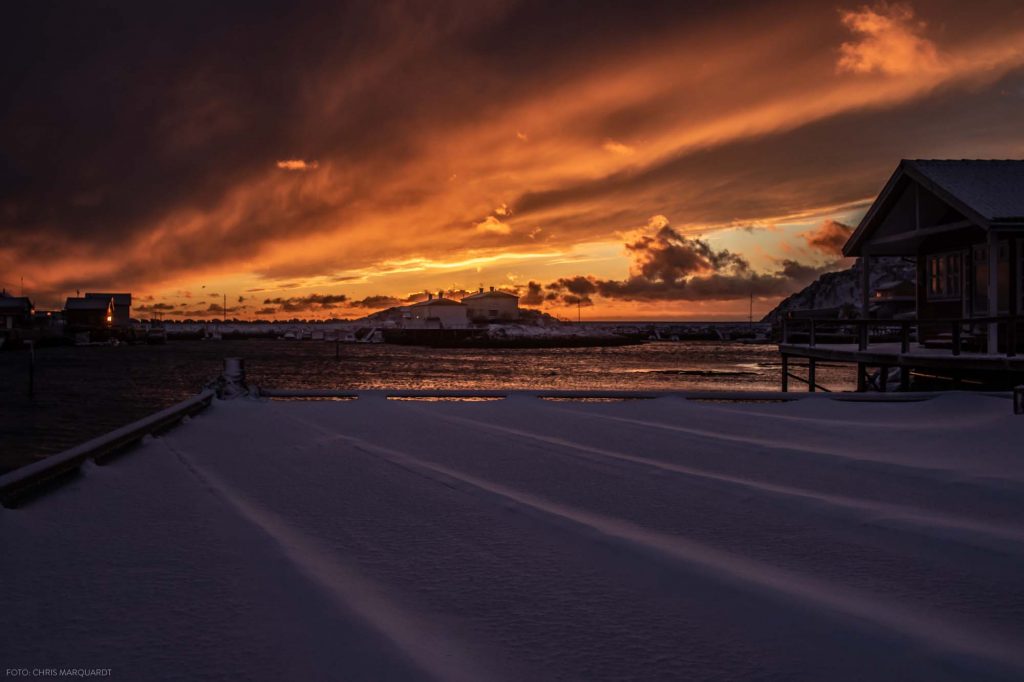
© Chris Marquardt 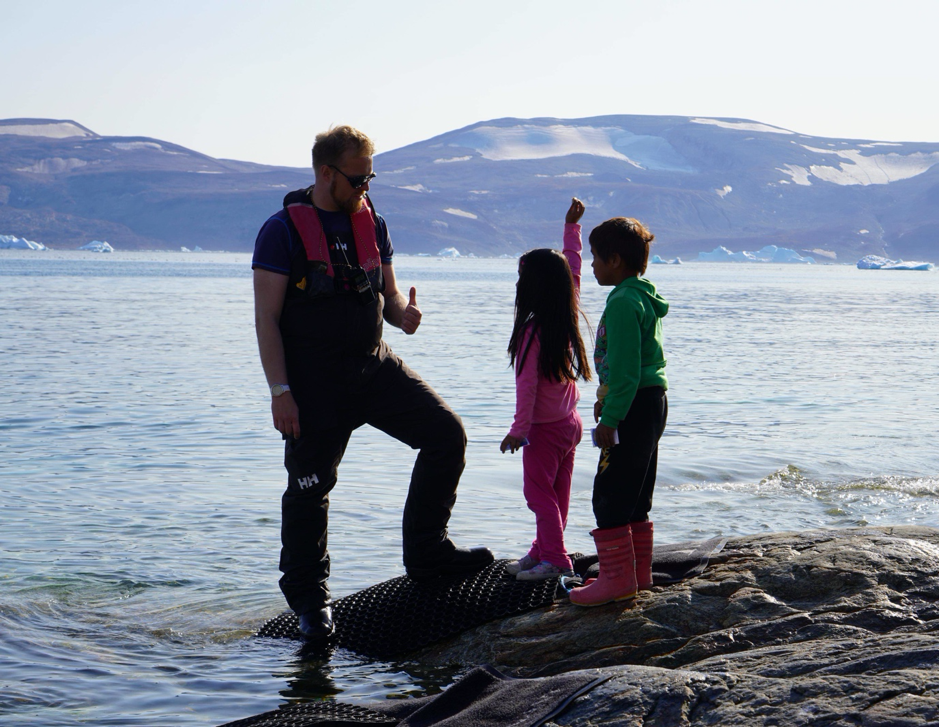
© Henry Páll Wulff 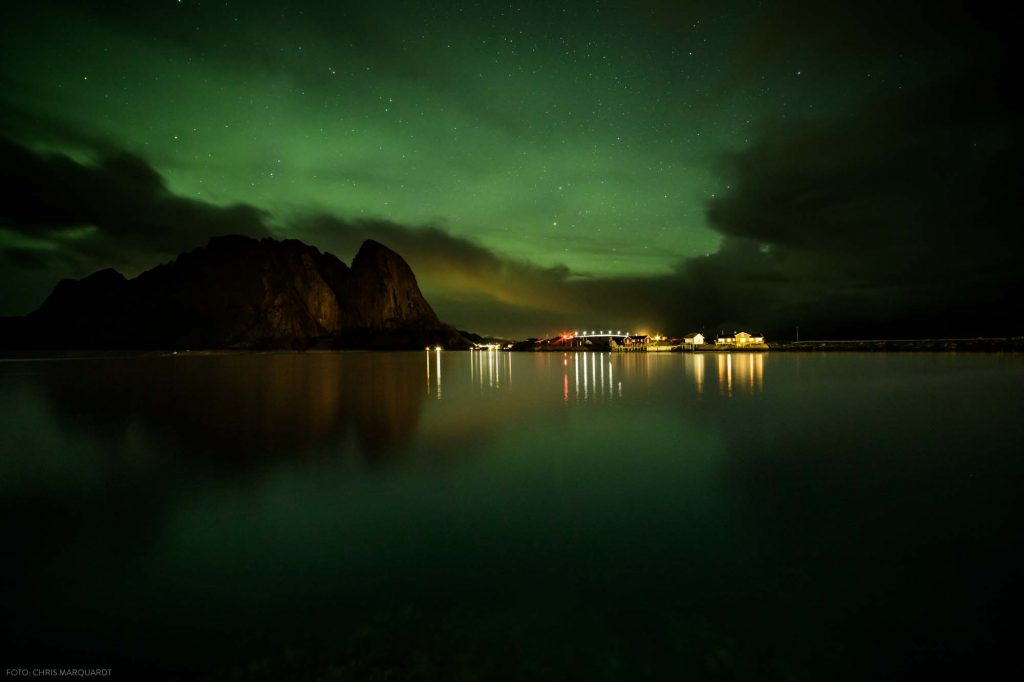
© Chris Marquardt 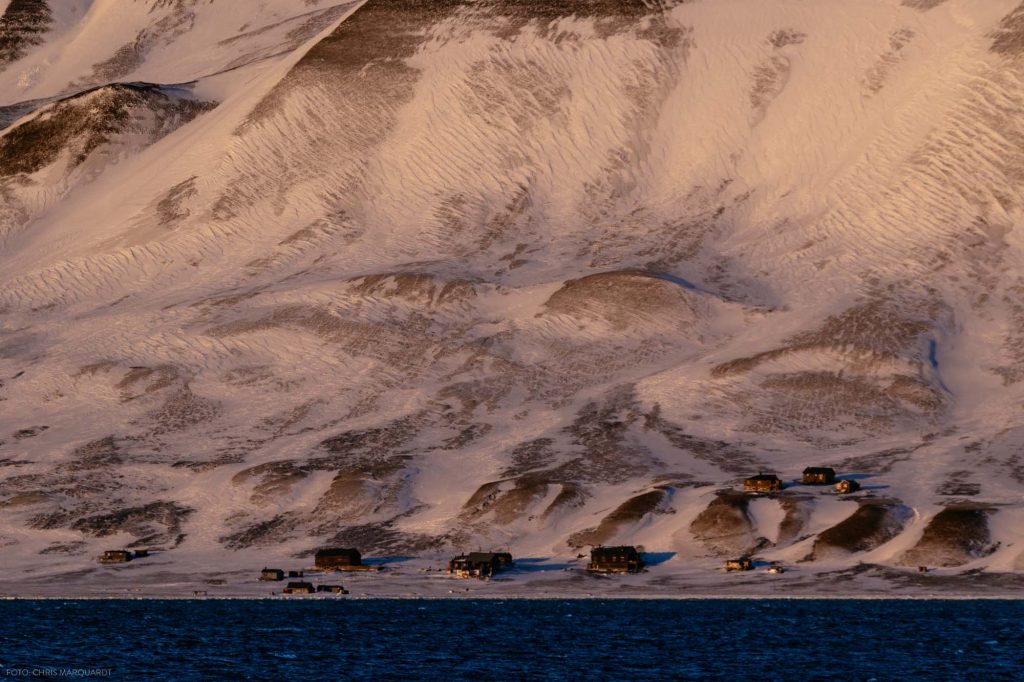
© Chris Marquardt 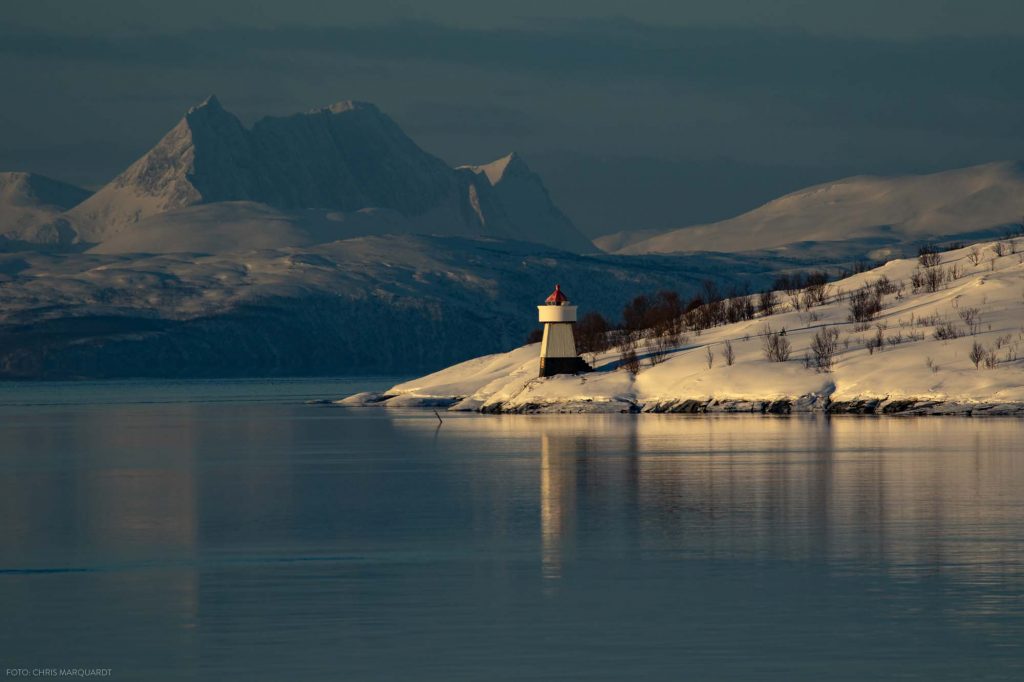
© Chris Marquardt
- From the Floe Edge: Visualising Sea Ice in Kinngait, Nunavut
- Bridging Knowledge and Action: A Polish-Norwegian Perspective on Arctic Science-Policy Collaboration
- Unpacking the Motivation Behind Wintering at Polar Stations
- Working the Ocean’s White Gold: A Nutshell History of a Living Bering Strait Tradition
- Political Participation in the Arctic: Who is heard, when, and how?